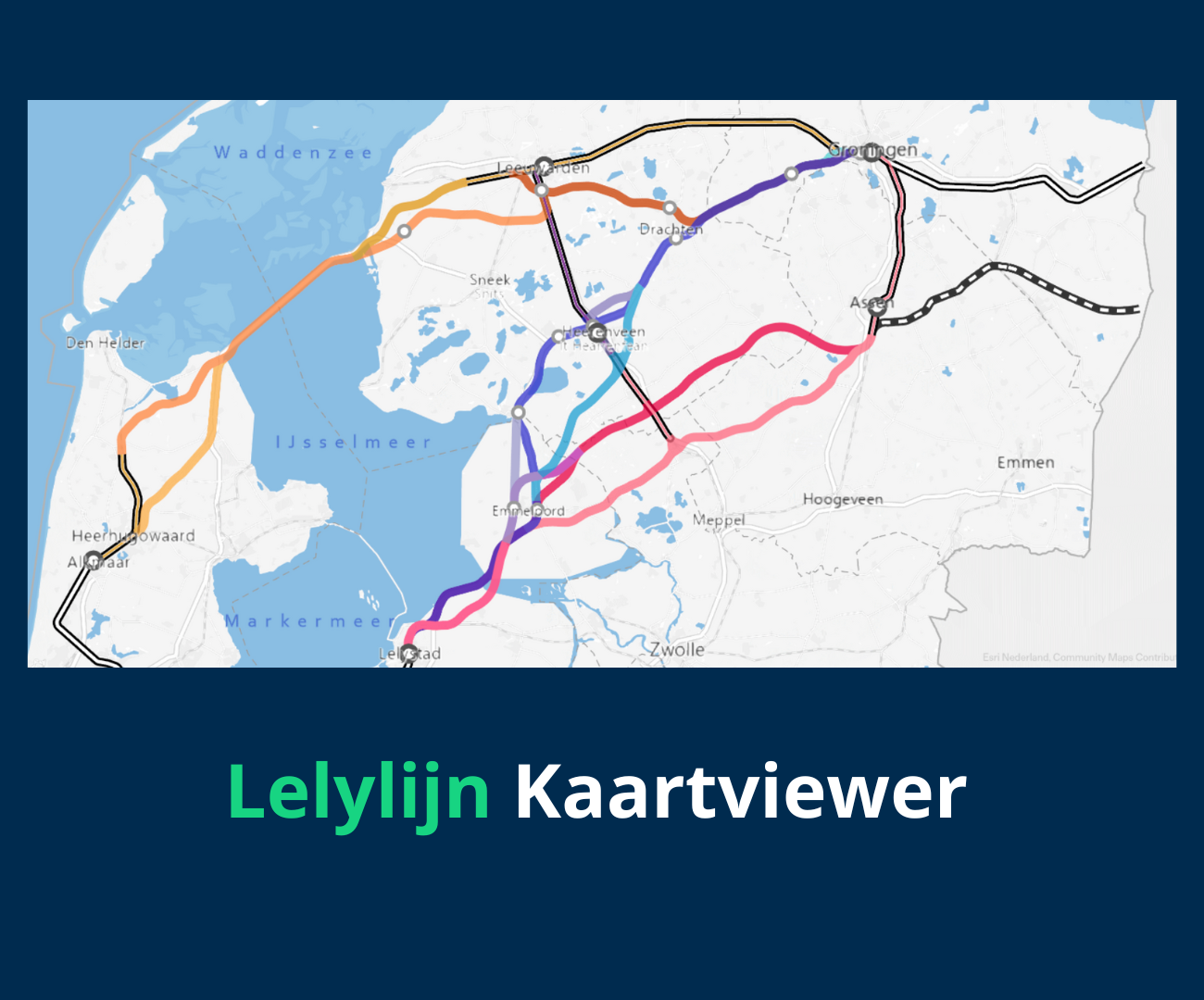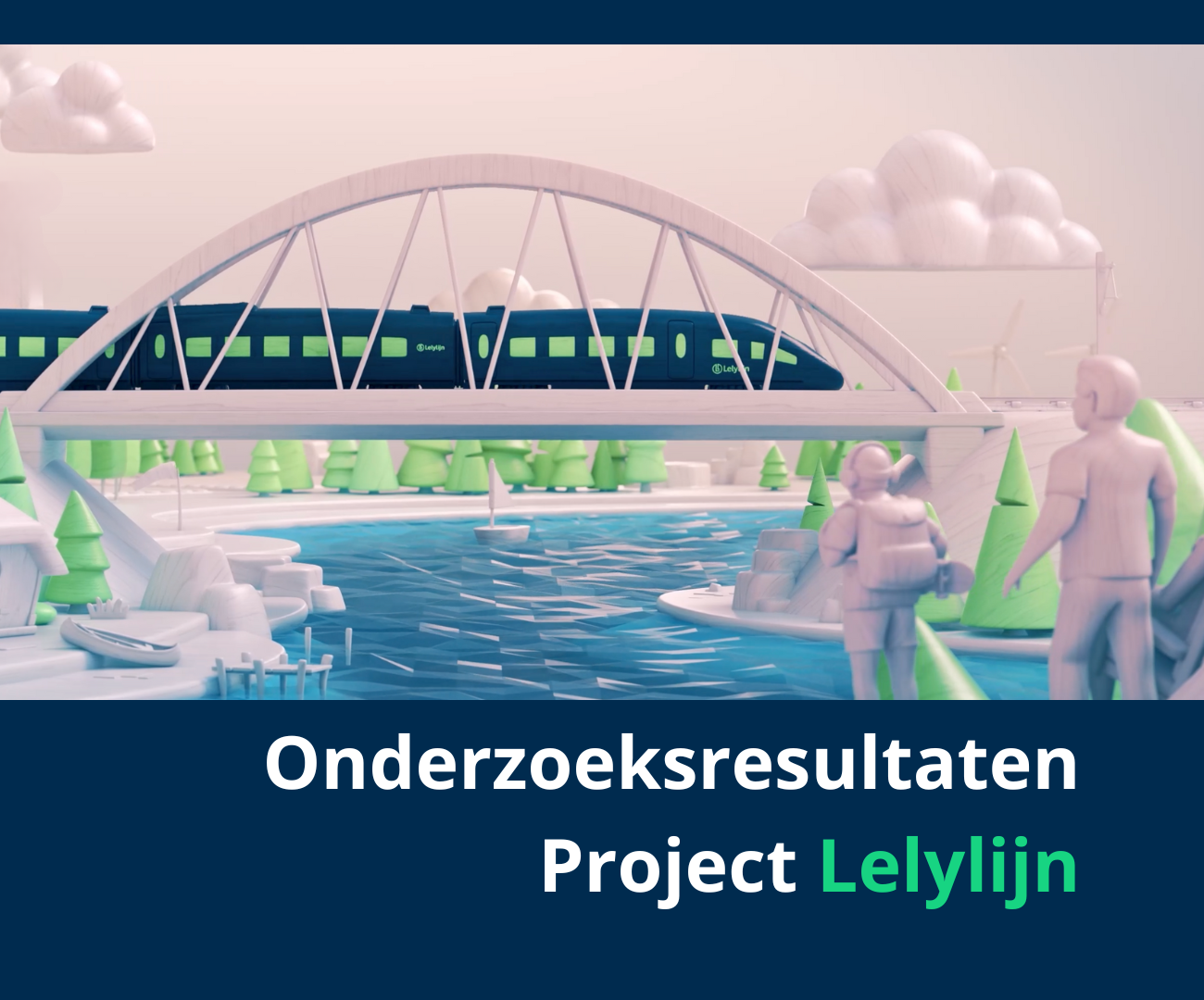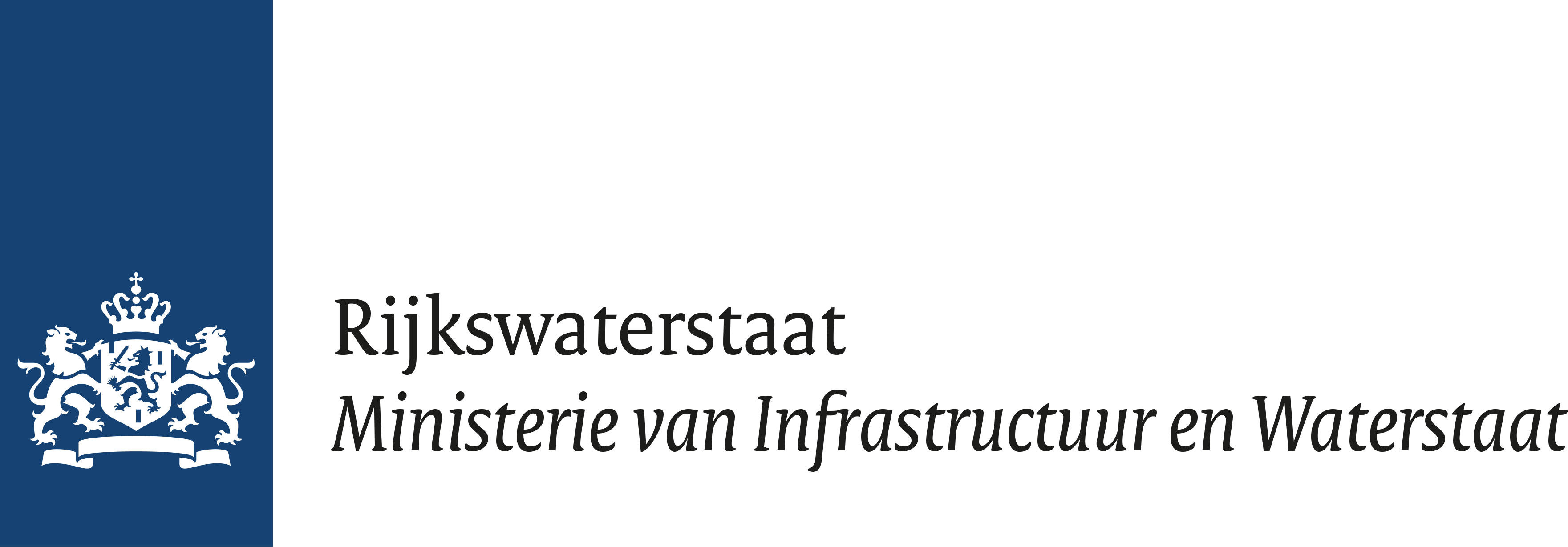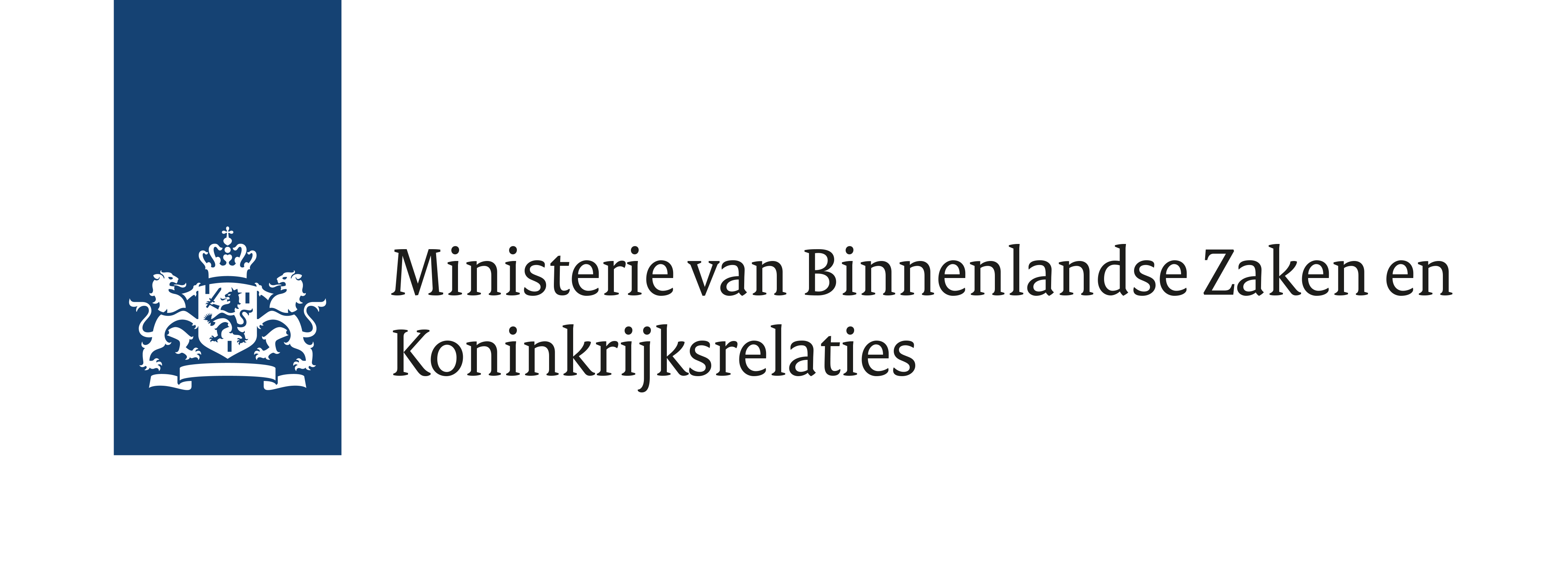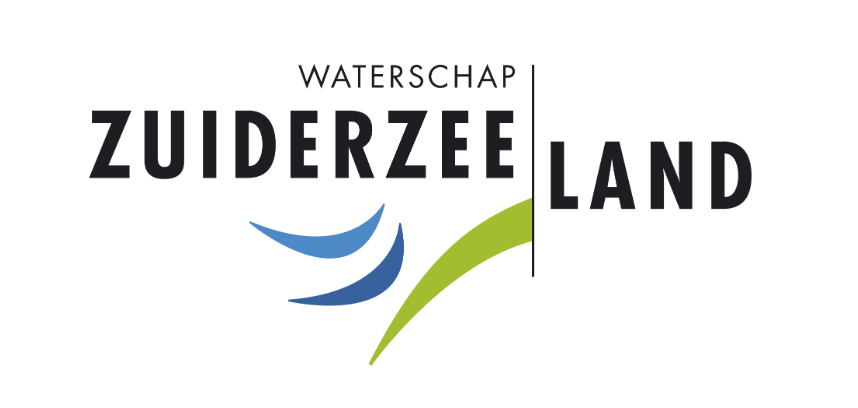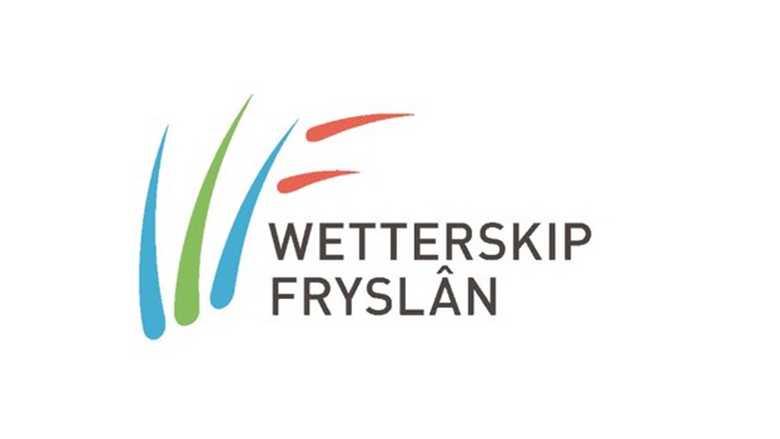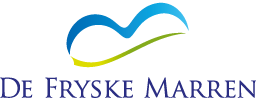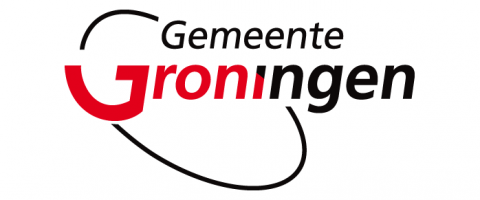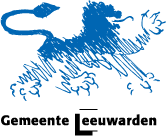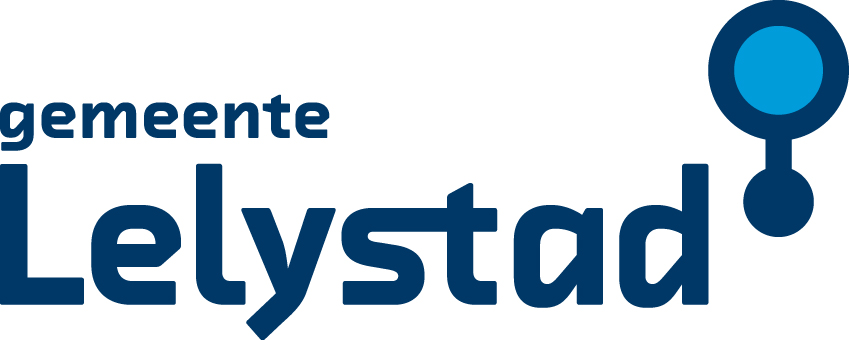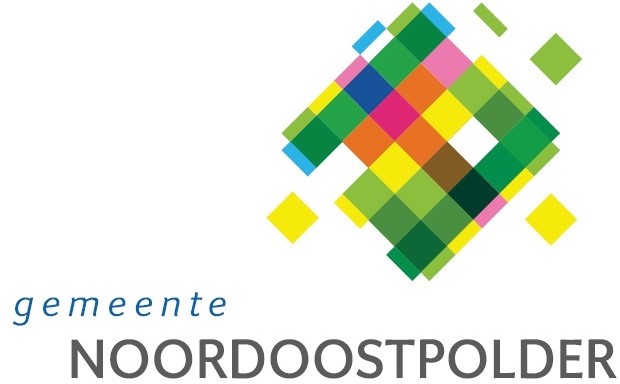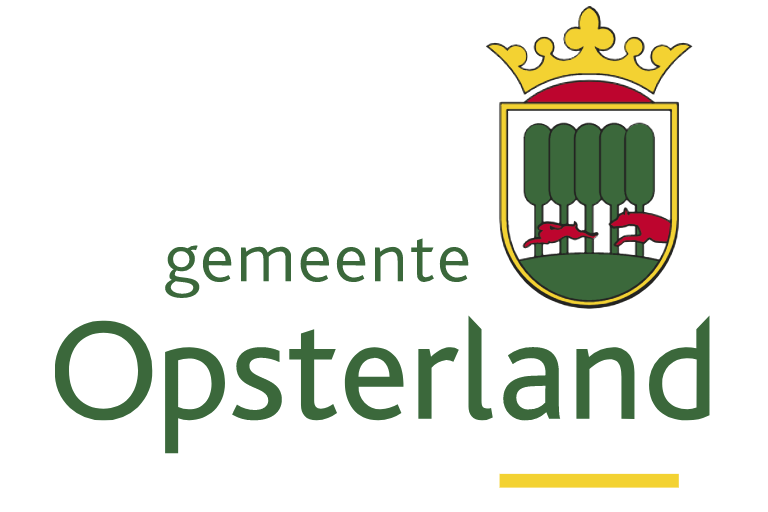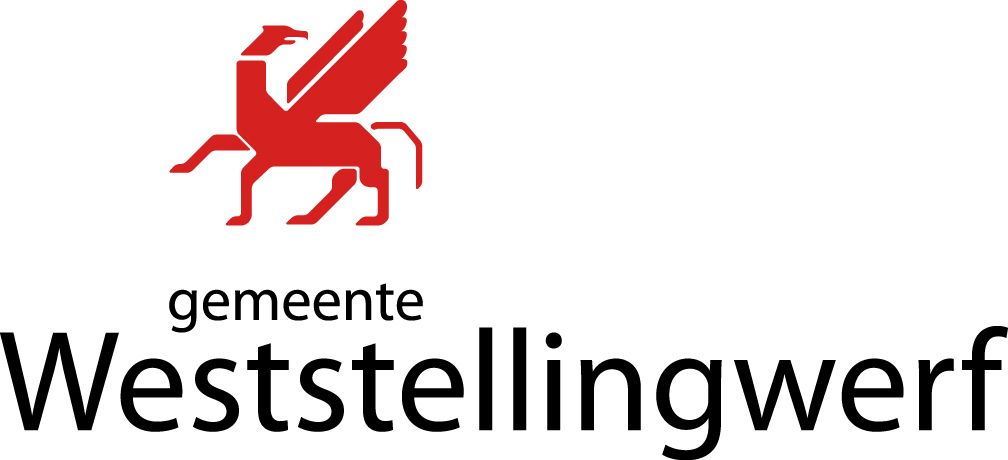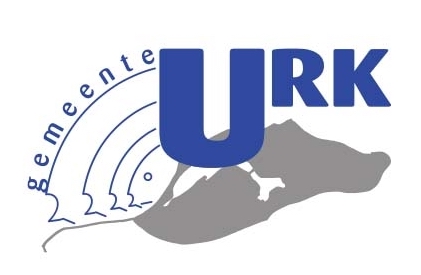28 June 2024
Dijkgraaf Luzette Kroon of Wetterskip Fyslan on the Lelyline
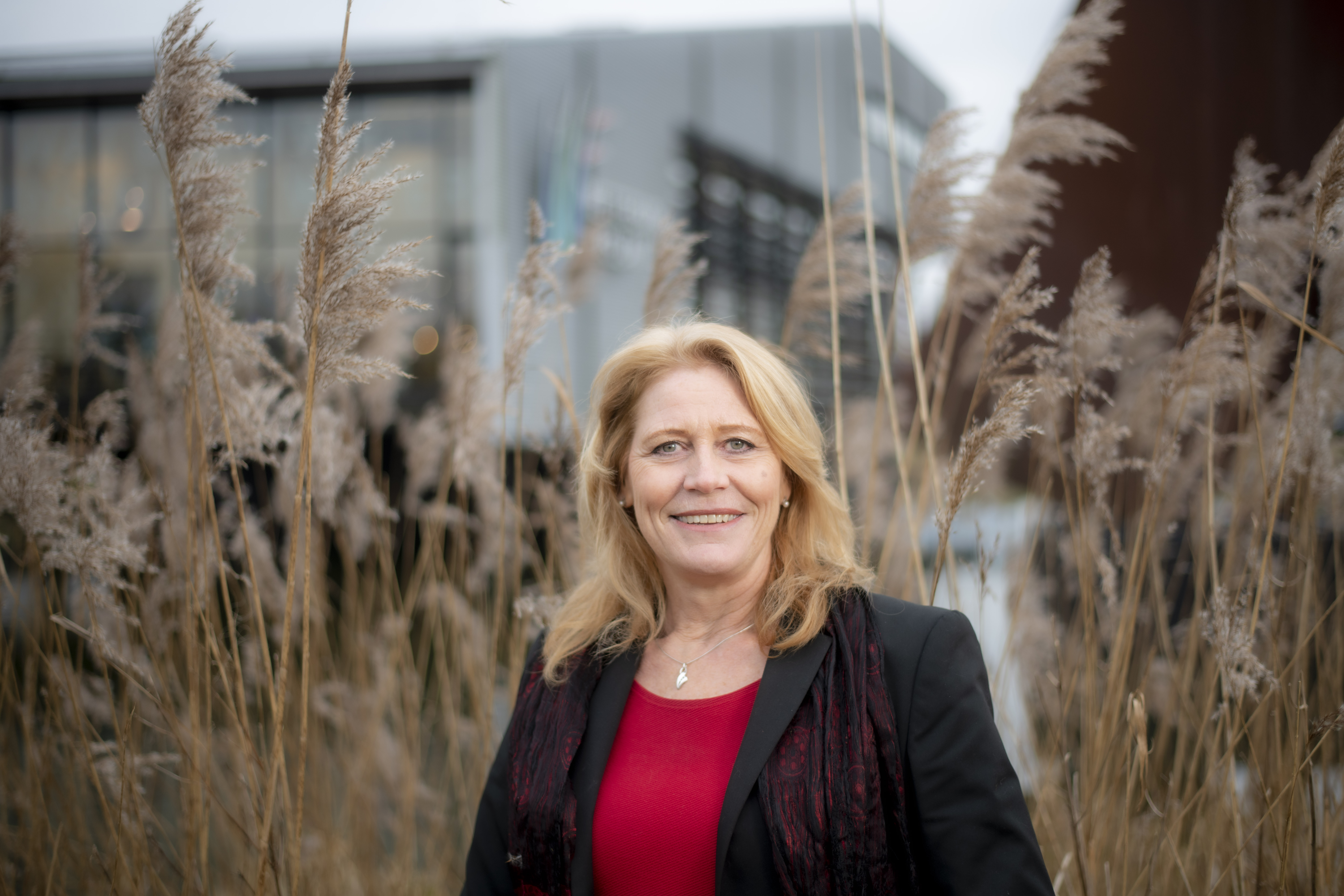
Luzette Kroon is dike grave of Wetterskip Fryslân and a board member of the Union of Water Boards.
Kroon sits on the steering committee of the Lelylijn project on behalf of six northern water boards to properly represent the interests of the water boards.
The focus is on having water and soil principles reflected in spatial decisions.
What do you think the Lelyline can do?
What opportunities and possibilities do you see?
“The construction of the Lelylijn can offer the northern provinces an attractive perspective by improving accessibility and livability.
For the water boards, it is important that water and soil are used as guiding principles when making spatial choices.
On the basis of these principles, preconditions are set and input is given to the concrete interpretation.”
What challenges do you think the Lelyline brings? What should be considered when looking at water in the region?
“In the construction of the Lelyline, the characteristics and identity of the area must be central.
In addition to good landscape integration, it is important to take into account the quality of soil and water in the long term.
In the future, the construction of the Lelylijn must not impose restrictions on the functioning of the water and soil system (lock-in).
The water boards are contributing their knowledge about the water system and its long-term challenges.
In addition, the construction of the Lelylijn also offers opportunities to implement climate-adaptive measures, such as water storage.
Climate adaptive measures are actions we take to adapt to the consequences of climate change.”
Wetterskip participates in the Lelylijn project to give ‘water and soil steering’ form and content.
Can you indicate how the water boards are doing that?
“The water boards already provide insight into the consequences of building in specific areas at the front end. This is done based on their expertise in water systems and the properties of different soil types. In this way, nuisances are avoided, problems have to be solved or burdens are passed on to other areas or future generations.”
What is your reaction to the three basic alternatives (possible routes)?
“From the project organization it has been decided to elaborate further on possible directions only for the bundling route and not for the two alternative routes.
The reaction of the northern water boards is therefore focused on this.
At this moment it is difficult to reflect on the other alternative routes because there is not enough information available yet.
If it comes to an MIRT exploration (decision-making on this is expected at the end of 2024), then the three routes will have to be examined in the same way and a more balanced comparison can be made. Regardless of the route choice, we always assess based on the principle of water and soil steering.”
If you could give the Lelylin project organization a tip, what would it be?
“Handle the principles of water and soil stewardship as a table to puzzle on, considering the longer term (2050-2100).
Keep a broad view, the Lelyline is more than an infra project.”



